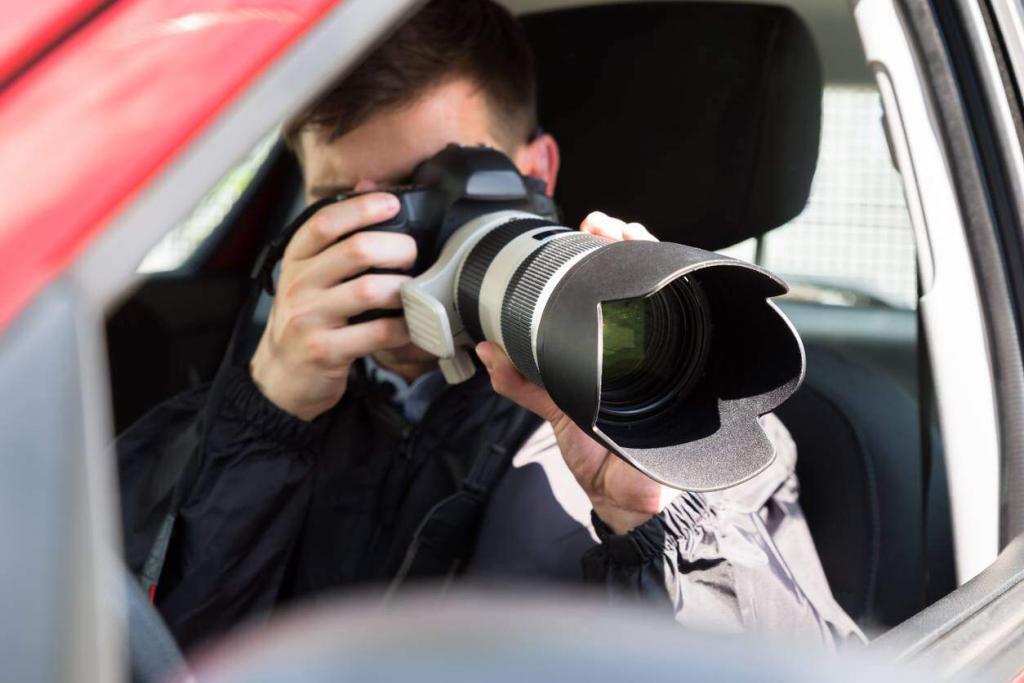Surveillance is especially common in cases where the victim is seeking significant damages.
When you’re injured in a car accident, the last thing you want to worry about is whether or not the insurer is working against you. Unfortunately, insurers are notorious for using surveillance tactics to deny claims or reduce the amount of money they have to pay out on claims.

Surveillance is especially common in cases where the victim is seeking significant damages. If you’ve been injured in a car accident, here are six ways to protect yourself from insurance company surveillance tactics:
However, before we discuss what you can do to protect yourself, let’s look at the types of surveillance tactics the insurer may use.
Types of Surveillance
There are two main types of surveillance that insurance companies use: passive and active. Passive surveillance is when the insurance company hires a private investigator to follow you around and take pictures or videos of your activities. Active surveillance is when the insurer calls you repeatedly or sends someone to talk to you in person about your claim.
Regardless of the type of surveillance, the goal is always to try and catch you doing something that would invalidate your claim or make it appear as though your injuries aren’t as severe as you say they are.
What You Can Do to Protect Yourself
Now that we’ve looked at the types of surveillance, let’s take a look at six ways to protect yourself:
Avoid Discussing Your Claim on Social Media
This is one of the most common mistakes people make. They think that because they’re not posting anything directly to the insurer, they’re in the clear. However, insurers are always looking for any information they can get their hands on, and social media is often a goldmine.
Be Aware of Your Surroundings
If you think you’re being followed, take note of the make, model, and license plate of the car. If you can, try to get a picture of the person following you. This will be helpful if you need police intervention.
Follow Your Doctor’s Instructions to the Letter
If the insurance investigator catches you doing something that contradicts your doctor’s orders, they’ll use it as evidence that your injuries are not as severe as you claim. For example, if you tell your doctor that you’re in too much pain to walk, but the investigator catches you going for a jog, the insurance company will use that footage to argue that you are not really injured. So, be sure to follow your doctor’s instructions carefully, even if it means making some lifestyle changes.
Don’t Sign Anything or Give a Recorded Statement
Don’t sign anything or give a recorded statement until you’ve spoken with an experienced St. Louis car accident attorney. The insurance company may be trying to gather evidence to deny your claim or minimize the amount of compensation you receive.
Avoid Side Jobs
If the accident left you with mounting medical bills and car repair costs, you may be tempted to take on a side job to help cover the expenses. However, if you do so without consulting your attorney, you could end up jeopardizing your claim.
St. Louis Car Accident Attorney
An attorney can help you deal with insurance companies and their adjusters, who may use various tactics to try to minimize the amount of compensation you receive.
If you’ve been injured in a car accident, don’t let the insurance company take advantage of you. Follow these tips to protect yourself from their surveillance tactics. And if you need help with your car accident case, don’t hesitate to call the experienced car accident attorneys at The Hoffman Law Firm. We’re here to help St. Louis car accident victims get the justice and compensation they deserve.
Free Consultation with a St. Louis Car Accident Lawyer
Don’t talk to an insurance claims adjuster before speaking with The Hoffmann Law Firm, L.L.C. We can help you avoid making statements that may affect the outcome of your case. The consultation is free; you don’t pay unless we get you money!
